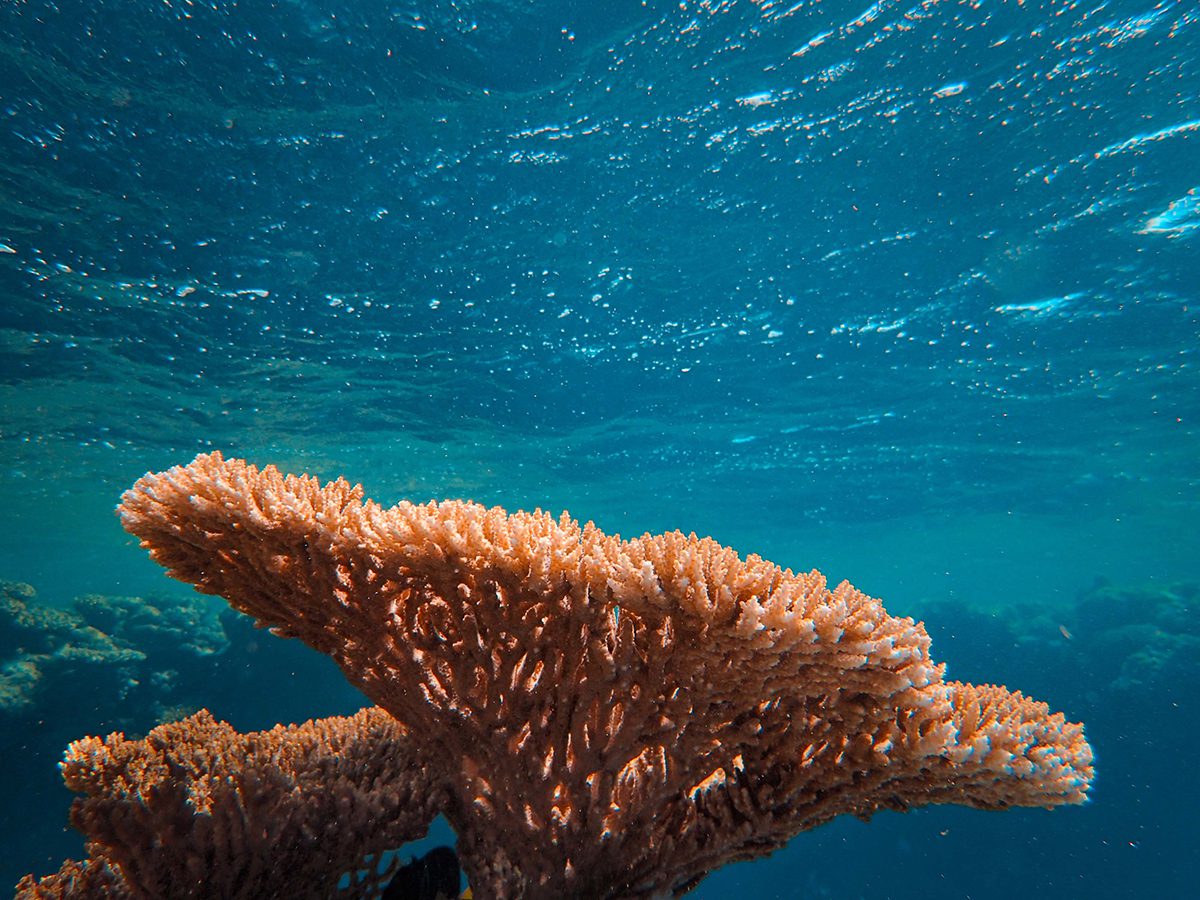
Photo by Sheherazade Photography
“Technologies like renewables have their limits,” says Markus Muller. “The real potential for a sustainable global economy lies in using the wonders of nature to help rectify the planet.”
As has been previously discussed, a fundamental issue underpinning climate change is that the current economic system does not recognise nature as capital. We use and degrade nature freely. But we can go further than that, and say that putting nature at centre stage and appreciating the ecosystem services that it can deliver, would significantly help us counter climate change.

Markus Müller
It is easy to believe that technology, correctly implemented, will be enough to combat climate change. And it is true that technological transformation, moving away from fossil fuel based production chains towards more electric and alternative energy based production chains, will support the reduction in CO2 emissions and in mitigating the climate change problem. But, if we wanted to electrify the entire world so that everything is based on renewable energy, it would require a vast amount of commodities that we currently do not have. Current estimates suggest we would need 500% of the commodities we already use today. And the extraction of these commodities will harm nature as well. So, technology has natural limits in its ability of adapting to a future counteracting climate change.
Follow LUX on Instagram: luxthemagazine
We need the help of nature.
Nature based solutions (NBS) are one of the most important ingredients here. As defined by the IUCN, they leverage nature and the power of healthy ecosystems, to protect people, optimise infrastructure and safeguard a stable and biodiverse future.
Their potential is massive. One exciting aspect is that they can include local communities, especially in the global south, which are currently excluded from global developments. NBS produce societal benefits in a fair and equitable way, in a manner which promotes transparency and broad participation. They also maintain biological and cultural diversity, as well as the ability of ecosystems to evolve over time.

Photo by Francesco Ungaro
The IUCN have estimated that NBS have the potential to reduce roughly 10-18 gigatonnes of CO2 emissions each year (by 2050). This would be a major contribution to reducing CO2 emissions. And NBS also mean the reinvigoration of nature, which will further increase the climate mitigation benefit, including in such crucial areas as the resilience of the coastline.
One discussion in the global market is how to use NBS for carbon credit trading. NBS are one of the carbon sinks and these credits can be traded by companies not just to offset their C02 emissions, but also to steer those companies, via these carbon credit markets, to reduce their greenhouse gas emissions.
And there are other potential benefits. In the ocean, if we put some areas under protection because of NBS, the fish stock will be very likely to recover. The fish stock will swim around, outside the protected area, which could benefit sustainable fisheries also outside such areas; scientists having found that this led to an increase in output. So NBS have multiple potential benefits to the entire planet.
Read more: Markus Müller On Natural Capital
As another example, a healthy coral reef absorbs 97% of the energy of a wave. And this speaks to the further economic potential of NBS. New jobs, for example. We have forest rangers, so why not have coral rangers or gardeners?

Photo by Vishwasa Navada
In fact, they already have coral gardeners in Tahiti, where they are a source of labour on this breakwater. Creating a coral reef produces environmental and biodiversity benefits, creates labour, and can generate a profit.
There is however, a challenge: complacency and the rebound effect. We know this from countries where recycling has become a tool for reducing plastic waste, but the high recycling ability of a country (Germany is a good example) leads to more plastic production. Therefore believing that NBS will do the trick and lead to absorption should not lead us to think that we can emit further CO2. NBS will only ever work while we are reducing CO2 emissions at the same time. The priority is to reduce CO2 emissions while using the ability of NBS for absorbing CO2 as a mitigation strategy.
Markus Müller is Global Head of the Chief Investment Office at Deutsche Bank’s International Private Bank
Find out more: deutschewealth.com/esg







Recent Comments